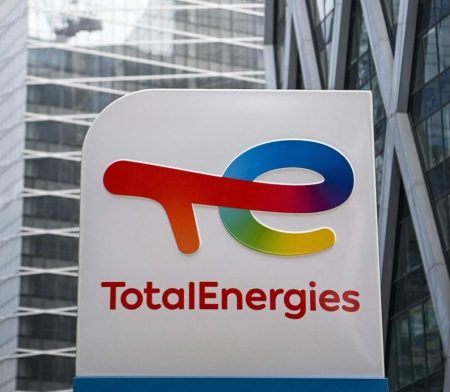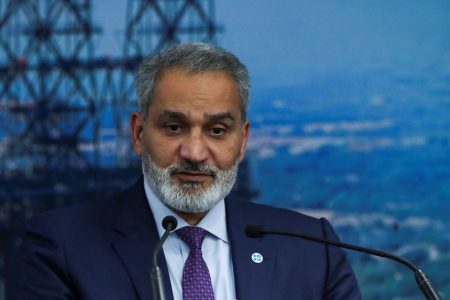In a confidential document circulated during a two-day trade policy review that ended on Wednesday, Gabon said it was adopting a new hydrocarbon code which would provide a basis for the new bid round, Reuters reported.
Gabon, a former OPEC member, has the seventh biggest oil reserves in Africa and produces about 240,000 barrels per day, providing about 80% of its oil export earnings.
“This code will provide a real framework for activities related to petroleum in our sedimentary basin, as well as the valuation of undeveloped blocks, notably in the deep and very deep offshore which are to be awarded by way of tender before the end of 2013,” the document said.
The document, a list of written questions and answers on trade policies, was part of the WTO’s review of five member countries of the Economic and Monetary Community of Central African States (CEMAC), which includes Gabon.
Gabon’s oil minister told Reuters in November 2012 that the West African country would launch a deepwater licensing round in June, provided it could put new investor-friendly rules in place.
It had already delayed and then cancelled licensing rounds for ultra-deep offshore blocks in 2010, citing drilling costs and environmental concerns after BP’s massive spill in the Gulf of Mexico.
Trade Minister Fidele Mengue Me Engouang, who was leading Gabon’s delegation to the WTO, declined to comment further on the new code and its plans to put offshore blocks out to tender.
In the past two years, Gabon has sought tougher terms for foreign oil companies operating in the country and launched audits of oil producers and sought equity stakes in new contracts, executives have said.
In the WTO document, Gabon said that the newly-created Gabon Oil Company was entitled to a stake of up to 15% in oil blocs owned by other companies.
International companies operating in Gabon include France’s Total, Royal Dutch Shell and China’s Addax Petroleum
Earlier this year Gabon’s efforts to attract investors took a knock when it was removed from the candidate list for the Extractive Industries Transparency Initiative (EITI), a global standard for government revenues from natural resources.
“It’s not so surprising that for a country experimenting with something that there can be some mistakes. We have drawn lessons from these mistakes to try to rejoin the EITI by doing better than we have before before,” Mengue Me Engouang told reporters in Geneva.
In the document, Gabon said it had set up a new agency which would publish company and government data on the production volumes and tax contributions of mining and oil firms, as well as government data on permits granted to companies and reserves estimates.
It said the government was trying to have the new body in place by the end of 2013.
Another country taking part in the WTO review, Cameroon, said it was hoping to be recognised as compliant with EITI’s standards in mid-August.




